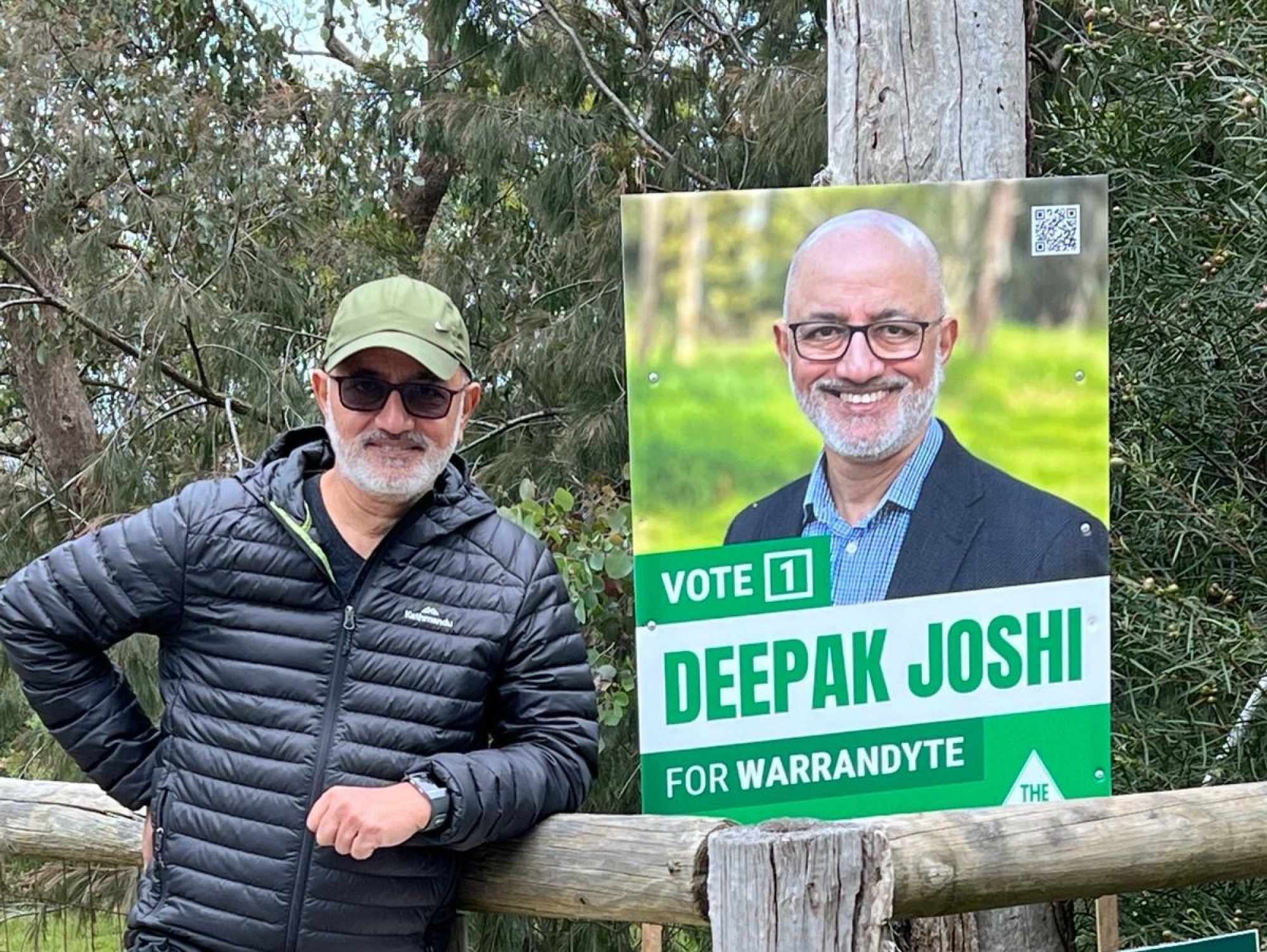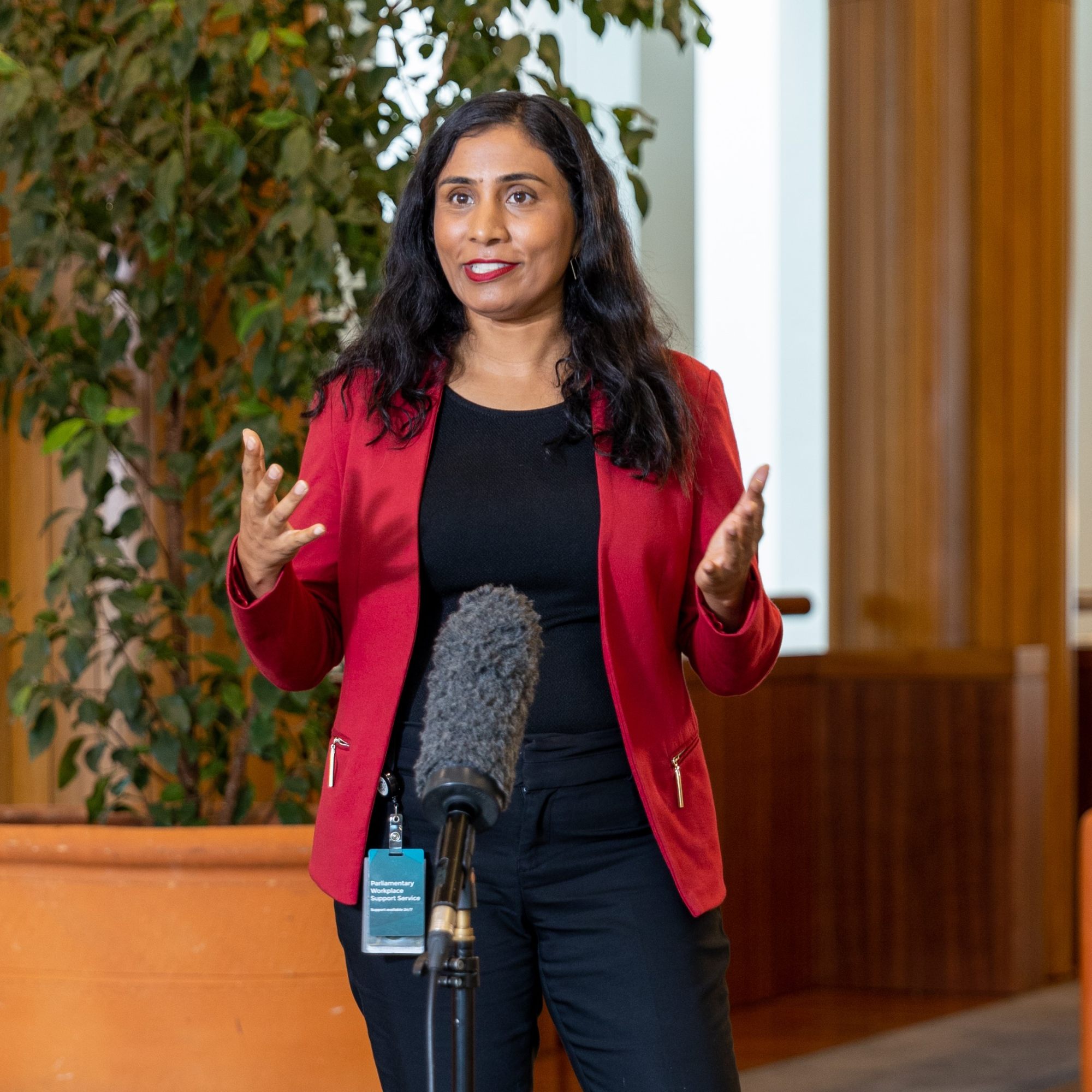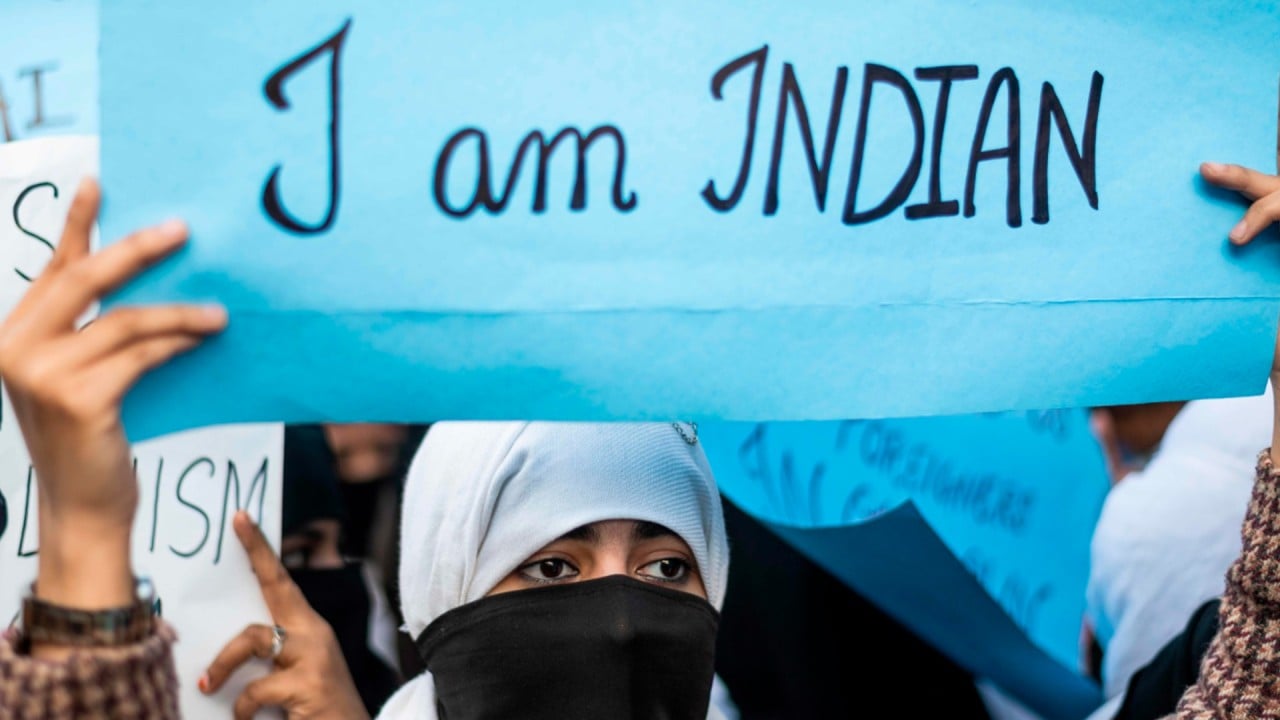
Australia’s Indian diaspora wants more political representation, but is there a glass ceiling?
- A recent survey revealed significant underrepresentation of Australia’s second-largest migrant group in the country’s politics and leadership roles
- Some say the major political parties offer little more than token representation of minorities, and call for more diversity in decision-making bodies
In 2020, the 64-year-old co-founded an advocacy group that worked with political leaders to resolve issues related to migrant rights, racism, multiculturalism, and religious extremism. Two years later, he contested the Warrandyte seat in the Victoria state election on a Greens party ticket, finishing third.
India-born migrants to Australia now surpass Chinese, data shows
“I am deeply involved in issues that are relevant not only for the diaspora but also for non-Indian migrant communities,” Joshi, who has been living in Australia since 1997, told This Week In Asia.
Despite individual efforts like Joshi’s to bridge communities and advocate for immigrants’ rights, a recent Victoria State survey revealed significant underrepresentation of the Indian diaspora in Australian politics and leadership roles.
This gap, underscored by the survey’s findings that most of the state’s residents are unaware of Indian leaders in these spheres, points to systemic challenges and a pressing need for more inclusive representation in a country where Indians form the second-largest migrant group.

The survey results, published last month, show that 81 per cent of 2,532 Victorian respondents were not aware of the Indian diaspora in leadership roles in politics or business, and more than 80 per cent did not know or did not believe there was sufficient representation of Indian-Australians in leadership roles.
Surjeet Dogra Dhanji, a postdoctoral fellow studying the Indian diaspora and migration at Melbourne University, says while many Australians of Indian origin are highly educated, earn “relatively high incomes”, speak fluent English and have a “good understanding of democratic political processes”, very few have made inroads into the Australian legislative institutions.
“It’s not the case with other countries including the US, UK and Canada, where the Indian diaspora is also large,” said Dhanji, the lead author of the report.
In many cases, individuals acquire party membership just before seeking nomination without in-depth knowledge of how to navigate the internal party mechanisms, party gatekeeping and factional competition, Dhanji said.
She said potential candidates sometimes also lack strong social and professional networks and financial resources to articulate a convincing policy agenda.
Rejection of Chinese-Australian’s election nomination sparks racism probe
Leadership within the Indian diaspora has become more visible at community level, especially in terms of social and philanthropic work during the Covid-19 pandemic, but not at the political, CEO or board levels, Dhanji added.
Sukhmani Khorana, Scientia associate professor in the University of New South Wales’ faculty of arts, said there was an “unconscious bias” in every sphere of society that prevents people of Indian origin to rise to leadership roles.
Since Australia has always viewed India as a trade partner, Khorana said Indians are often not viewed from a “human” perspective or treated as “equals”.
Census data from June 2022 showed that Indian-born residents made up about 2.9 per cent – or 753,520 people – of Australia’s 23.4 million population. About 40 per cent of Indian migrants in Australia are settled in Victoria.
But in terms of politics, 96 per cent of the country’s federal lawmakers are white, with very little representation from people of colour, let alone those of Indian origin.
Only three of the 76 senators and one of the 151 members of the House of Representatives in the current Australian federal parliament are of Indian descent.

Indian-born electronics engineer Manoj Kumar, 57, who migrated to Australia in 2005, twice ran for office on a Labor Party ticket. He came up against former defence minister Kevin Andrews in the 2013 federal election, and faced twice-elected Liberal candidate Neil Angus in Victoria’s 2018 state polls. Both times, Kumar was defeated.
Kumar said it felt as though there was a glass ceiling for people of colour in major political parties, which offer few opportunities for members of ethnic minority groups to be nominated to winnable seats.
In 2022, the Greens ran more candidates of colour from indigenous communities and women than both Liberals and Labor combined.
Kumar said he was networking with various multicultural groups to collectively press for people of colour to comprise at least 20 per cent of all political parties’ nominees in winnable seats.
According to Kumar, parties consciously field a non-white South Asian candidate in non-winnable seats to be “morally satisfied” at having given a chance to a non-white person “in the name of multiculturalism”.
Still, some politicians of Indian origin refuse to give up. Shwetali Sawant, who finished 10th from Point Cook in Victoria state elections two years ago, said she was still striving to “empower” women in business.
Despite the push for more representation in politics and society, Indian-Australians say they do not want the country’s diaspora to leverage their Indian identity for more votes while remaining silent on the rise of Hindu extremism, minority persecution and human rights violations in India.
To do so would be “unconscionable”, Joshi said.
Last year, the Indian-Muslim community in Australia ran a campaign demanding the resignation of Sahana Ramesh, the Indian-origin councillor of Wyndham, for inviting Indian politician and Hindu nationalist Tejasvi Surya for a talk.
“The global rise of Hindu nationalism has divided the Indian diaspora and potentially poses a threat to Australia’s social cohesion and internal security,” Joshi said.
“Infighting over Indian politics in Victoria and Australia is dividing the Indian diaspora and likely to erode the positive impression of the diaspora,” added Dhanji of Melbourne University.
Calls grow among Australia’s 1 million South Asians to ban caste discrimination
Former Australian senator Lee Rhiannon, an advocate for the greater participation of people of Indian origin in politics, fears that if parties preselect candidates this will only favour the interests of upper-class and upper-caste Indians and be a setback for the diaspora as a whole.
Rhiannon is concerned that pro-BJP candidates – conservatives who do not represent the values and needs of Muslims or lower-caste members of the diaspora – are moving into the mainstream.
The Indian diaspora and most Australians will not benefit from these far-right political representatives, she said.
Historically, Indian immigrants – including Sikhs, Hindus and Muslims – mostly arrived in Australia in the 19th and 20th centuries. They worked as hawkers, lascars (ship’s crew), domestic workers and agricultural labourers, and were jointly described as “Hindoos”.
China-Australia tensions, racism fuelling Asian ‘reluctance’ to join politics
The Sikh community in Woolgoolga, New South Wales remains one of the largest of these early Indian rural communities in Australia.
The next wave of Indian migrants came after the abolition of the White Australia Policy in the 1970s, and were mainly doctors, teachers, technocrats and entrepreneurs. Indian migrants also came from Southeast Asia, East Africa, Britain and the United States. More Indians arrived after Australia in the late 1990s and early 2000s introduced two-step migration – offering employment and permanent settlement to students.
Joshi said most Indians preferred to focus on ensuring financial stability and securing a better future for their family, which would leave little room for politics.
People of Indian origin tended to internalise societal and workplace biases, he added, and work harder to gain acceptance as a “model minority” distinct from other migrant communities.
Greens Senator Janet Rice, from Victoria, said people of Indian origin got involved in community groups to improve basic public facilities and engaged with politicians at the council level. The second-generation Indian diaspora is more likely to be involved in civil society, she said.

Zaneta Mascarenhas, an Australian engineer of Indian descent, was the first woman and person of colour to be elected as a federal member of parliament in 2022. The 43-year-old said she was “grateful” to Australia for all the opportunities the country had given her as a child of Indian migrants.
But Mascarenhas, a Labor representative from Swan in Western Australia, said society must ensure that decision-making bodies reflected the “diversity of our communities everywhere – from company boardrooms to local councils to the parliament”.
With politicians like Mascarenhas leading the way, Joshi is hopeful that a new generation of Indians, who are born and raised in Australia, will make a bigger impression on local politics due to their connection with the diaspora and integration into Australian society.

